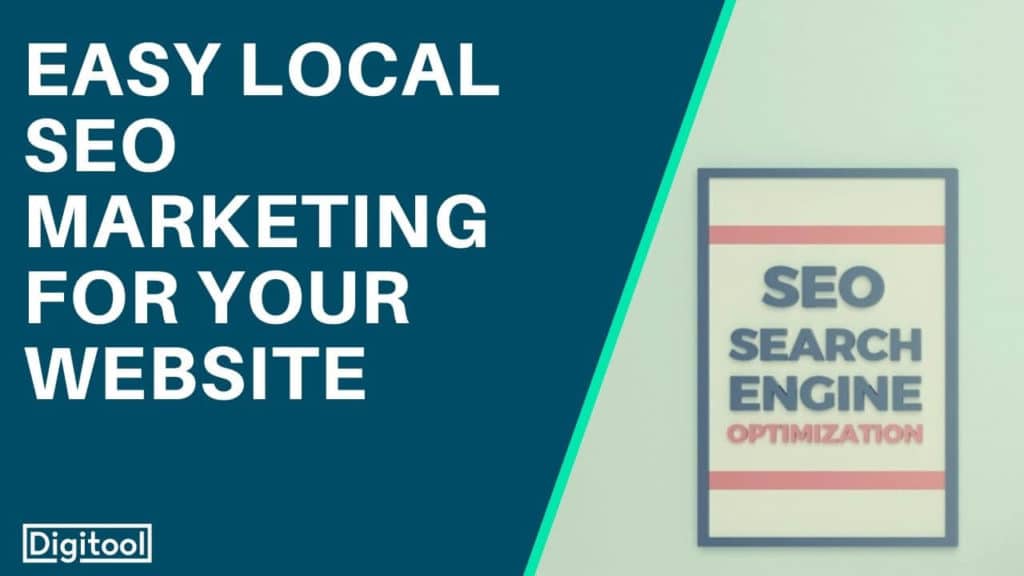Summary
SEO (Search Engine Optimisation) is the process of optimising your website and online profiles so that you are easily found on search engines such as Google.
When most people are looking for a service, they search online using phrases such as “carpet cleaner Cardiff” or “carpet cleaner near me”. These phrases are called keywords. SEO will help you appear for the keywords that matter to your business.
SEO is a free technique to achieve online visibility. The first few results on a Search Engine Results Page (SERP) are actually paid ads. With SEO, you are aiming to be the first organic result that shows after the ads. Generally, the higher up on the results page you are, the more likely people are going to click on your website or profile!
Local SEO is the same process, only with a focus on keywords that include the towns and cities that you want to work in (eg “Carpet cleaner Bolton”).
It also works based on where the searcher is, so even if they don’t use the town name in the keyword, they will see local results. The idea is that if 2 people Googled the same phrase e.g. “carpet cleaner” but were sat in different parts of the country they will see different Google results; different local businesses.
In this lesson, we’ll be showing you how you can use local SEO to compete for customers looking for cleaning services in your area.
Easy Local SEO Marketing for your Cleaning Business
Google decides where to put your website on the results page by measuring it against a set of criteria, as follows:
- Proximity: How close is your business to the searcher?
- Relevance: How relevant to the search query are your products and services?
- Prominence: What do other consumers say about your products and services?
With these in mind, here are our three top tips to start getting in front of your customers.
1. Get your keywords into your reviews
Google also checks your online reputation before deciding on your ranking. They want to show their users good quality results, so the more 5 star reviews you have, the better.
One way to level this up for Local SEO is to get your keywords into your reviews. This might sound a bit unnatural at first but, as you don’t write your own reviews, you will have to rely on your customers. It’s easier than it sounds, though. When you ask for reviews, simply add in a quick one-liner:
We would love to hear your feedback. If you do leave us a review, please mention the service you used and the town you are based in – this really helps our business.
You can also use them in your reply to the review. Get your keywords in there, too:
Thanks Susan! So glad your carpet clean went well today. It was great to visit you in Manchester last week.
So, Google will see that are trusted and local to the searcher.
2. Plug local businesses for valuable backlinks
A great way to do improve your ranking is by getting backlinks (when another site links to your website address) from local, authoritative websites. This proves to Google that you are in the local area and are a trusted source of information.
A great way to get other sites to link to yours is by flattery. So, why not create a blog post entitled “10 Best Things to do in [insert town]“. Compile a list, linking to 10 fantastic local shops, activity centres, museums, local events etc.
Then, here’s the important part, contact all 10 places listed and tell them that they have been included in your blog. Encourage them to share it on their website and social platforms with a link back to your site.
Most will be flattered that you included them in your round up and will, of course, oblige…and hey presto you’ve got 10 backlinks helping towards your local SEO.
3. Create a landing page for your most important locations.
It’s likely that you operate in more than one location. At my family business, Smile Carpet Cleaning, we’re Manchester based but also work in Bolton, Bury and other areas of the city and outskirts. To make sure customers searching in neighbouring areas find us, we’ve set up a landing page for each town keyword (eg. one for “Carpet Cleaning Bolton”, one for “Carpet Cleaning Bury”) This makes it crystal-clear to Google who we are relevant to, and
Create a list of the most important towns to your business and create pages (not blogs!) for them. Make sure you include the keyword throughout the copy too. We know this works and have seen brilliant results from these pages for both our own business and clients.
Next steps
SEO is a huge topic, but these tips cover some of the fundamentals that will easily and cheaply bring your business results. If you are looking to make a bigger impact with your SEO, it could be time to consider hiring an expert.
Return to Course Outline

